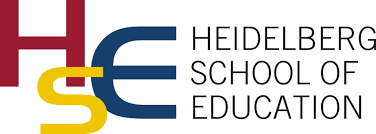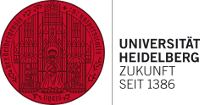Third Space
Potenziale und Grenzen eines Konzepts im Kontext der Lehrpersonenbildung
Identifier (Artikel)
Abstract
Nicht nur im Kontext von Heterogenität rückt das Thema der Kooperation gegenwärtig in das Zentrum bildungswissenschaftlicher und -politischer Debatten. Kooperationen, die sowohl Professionalisierungs-, als auch Schul- und Unterrichtsentwicklungsprozesse anstoßen und Synergien bei Arbeitsprozessen erzeugen sollen, werden auch zunehmend als Ansatzpunkt verstanden, um durch die interinstitutionelle Zusammenarbeit zwischen Studierenden und schulischen Lehrkräften das traditionell binär gedachte Verhältnis von Theorie und Praxis zu überwinden. Bisher liegen nur wenige einschlägige theoretische Konzeptualisierungen sowie operationalisierbare und transferfähige Begleitformate für hochschulisch-schulische Kooperationen vor, welche sowohl die Theorie-Praxis-Problematik als auch die Ziel- und Prozessebene der Kooperation gleichermaßen berücksichtigen. Das Konzept des Third Space nach dem Kulturtheoretiker Homi K. Bhabha ist in diesem Zusammenhang insbesondere in bildungs- bzw. professionswissenschaftlichen Kontexten zu einem vieldiskutierten zentralen Bezugspunkt geworden. Der vorliegende Beitrag setzt sich vor dem Hintergrund von Erfahrungen mit einem Kooperationsprojekt von Studierenden und schulischen Lehrpersonen mit vorliegenden Modellierungen des Third Space auseinander und zeigt sowohl Inkongruenzen als auch Chancen auf.






